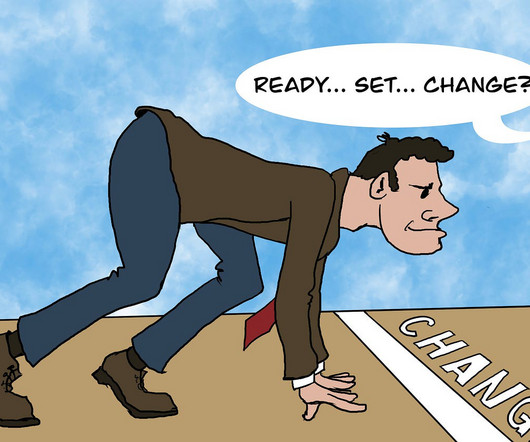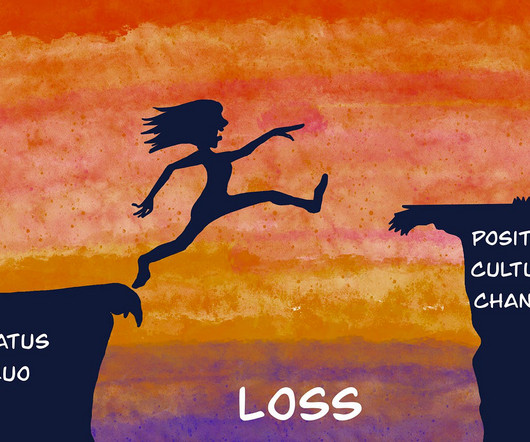Change Readiness?—?Essential but Oft-Omitted
Harmonious Workplaces
DECEMBER 12, 2023
During the month of October, I had the pleasure of learning Organizational Development (OD) and Change Leadership from The Drucker School of Management at Claremont Graduate University. Leadership Support: Leaders must champion change and cultivate an environment that encourages adaptability. References Graham, J.,












Let's personalize your content